10 Drop the Price Symbol:
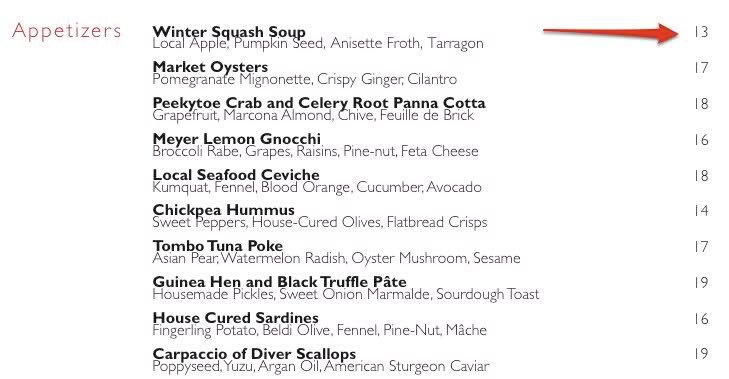
Have you ever noticed how many restaurants, especially the fancier ones, they just write a number next to the dish?! You know that the 19 means $19 DOLLAR but they don't actually put it on! A study from Cornell University found this little thing makes us spend 8% more on our dinner! That's right, we are a bunch of idiots.
9 Change The Size:
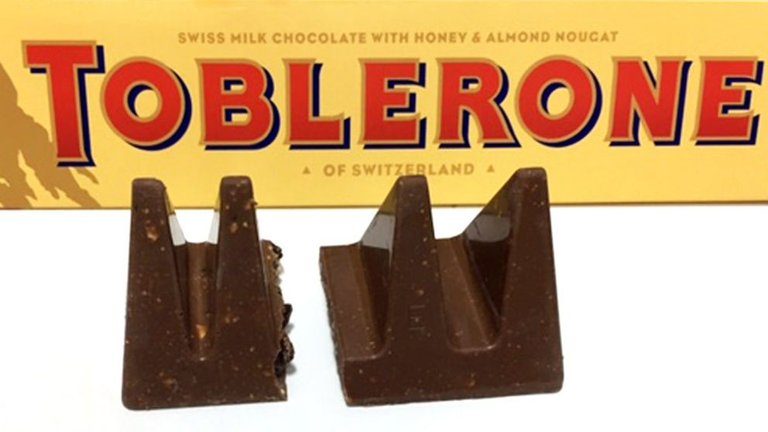
No company likes to put up its price but, this is the only way to make more money on a product, right? Well, a lot of things you buy now might not be as big as the ones you got in the past. A few millilitres her, a few grams there, many of your favourite snacks have been slimming down. For example: Topblerone fans in the UK were shocked to find famous chocolate mountains were now spread much further apart, thanks to the rising costs of Brexit.
8 Ingredients:

Coffee gives you cancer and gluten makes you left handed; it's hard to keep up with what the new food enemy is. So... companies have realised that, rather than change their recipe every time an ingredient get bad press, it's much easier to just give it some other name. Sugar is the classic example. It can be listed as sugar, fructose, agave nectar, panocha, diatase, dextrose or illisossa..... I even made that last one up, not that anyone would notice.
7 Loss Leading:
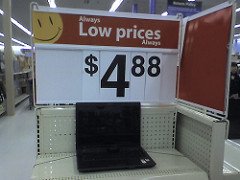
Occasionally you'll pick up an item, especially in a supermarket, and think ''They can't be making money on this". And they're not, they're actually losing money! These are called loss leaders and they use them just to get you into the store. In the UK, the final Harry Potter book was being sold at well under its wholesale price. For supermarkets, it got excited kids in the store and for big book chains, it was like a drug dealer getting children hooked on the high of reading, knowing they'd come back for more sweet sweet words.
6 Supermarket Algorithm:

Supermarkets are master of psychology. Those rewards cards they offer are not to keep you loyal, but actually to gather data on what you buy. They then take information from the surrounding area, such as job type, income, immigration and family size. Now, they can use an algorithm to design the perfect layout for the store and where each product should be placed. It's GAME OVER the moment you walk in the door.
5 A Legal Lie:
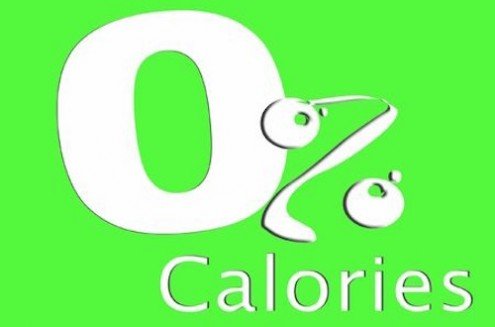
Some sweeteners are sold as zero calorie but how is that possible? Unless opening the packet is a mini workout, how can food have no calories? Well, American law allows any food portion that's under 5 calories to be labelled as ZERO. Subway used a similar tactic when someone pointed out their 6-inch sub was nog 6 inches. Subway said that "6 inch" was the name of the sandwich, not its measurements. Woman have been aware of this tactics for thousands of years.
4 Make To Break:

Your granddad probably like to tell you that things were better in his day. And when it come to quality products, he's probably right. Many companies built their reputation on reliability, like with German cars and Japanese electronics. But in the past, if something broke, you could get is fixed by any mechanics or electrician. Now, it's cheaper and easier to just get a new one or an upgrade, since you'd need a specialist in each product to know what to fix. So, reliability is for suckers, sorry granddad.
3 Illusion of choise:
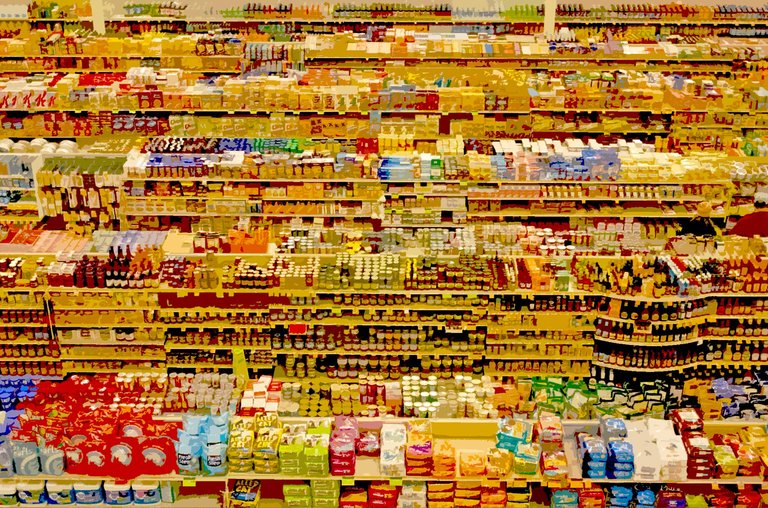
Supermarkets also offer you the illusion of choise when it comes to brands. Those huge colourful aisles look like they offer every option under the sun, but it's all made by the same people. For many common items, such as beer, chocolate and cereal, over 80% of the options are owned by just three or four companies. And it's not just food. Luxottice are an Italian eyewear company who make all the glasses for Oakley, RayBan, Armani, Versace and many others
2 Price Fixing:
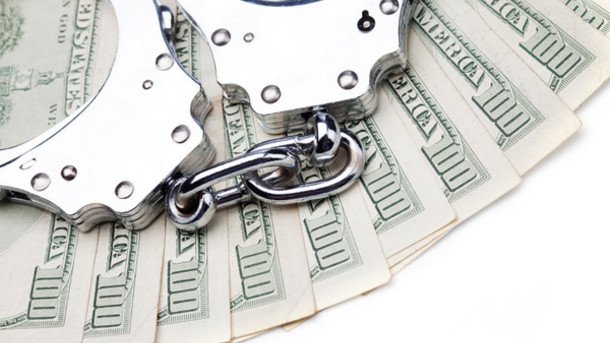
If you don't like a price, you can always go buy from a competitor. However, sometimes a whole industry gets together, meets in a shadowy basement, and decides to bump up all their prices. There have been numerous cases of price fixing. In 2007, four of the biggest flat glass makers in Europe were fined almost half a billion euros for bumping up their window, door and mirror prices.
1 Confusing Choice
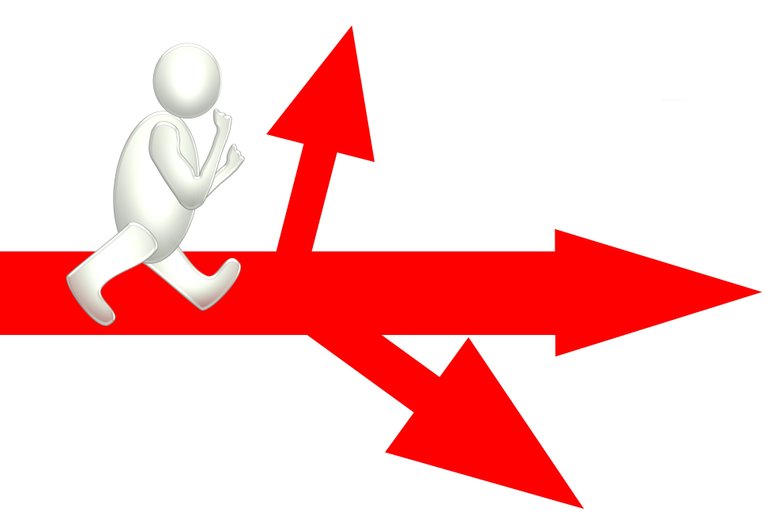
As consumers we think we want choice but the reality is that most of us are pretty lazy. Did you really check through every available phone plan to find yours? Did you search every insurance site for the best deal? No, you checked two or three, bought the second one and went for your third nap of the day. And confusion helps companies reduce competition. If you don't really understand what you're buying, it's hard to persuade you to make the effort to change.
Good article
Excellent
@ruappple this is a really good article and shows just how manipulate our way of life has become. Very sad but so true and your article highlights these things very clearly.
Thank you! This is the begin of my Top 10 lists.
Deception is the order of the day.
Congratulations @ruappple! You received a personal award!
You can view your badges on your Steem Board and compare to others on the Steem Ranking
Vote for @Steemitboard as a witness to get one more award and increased upvotes!